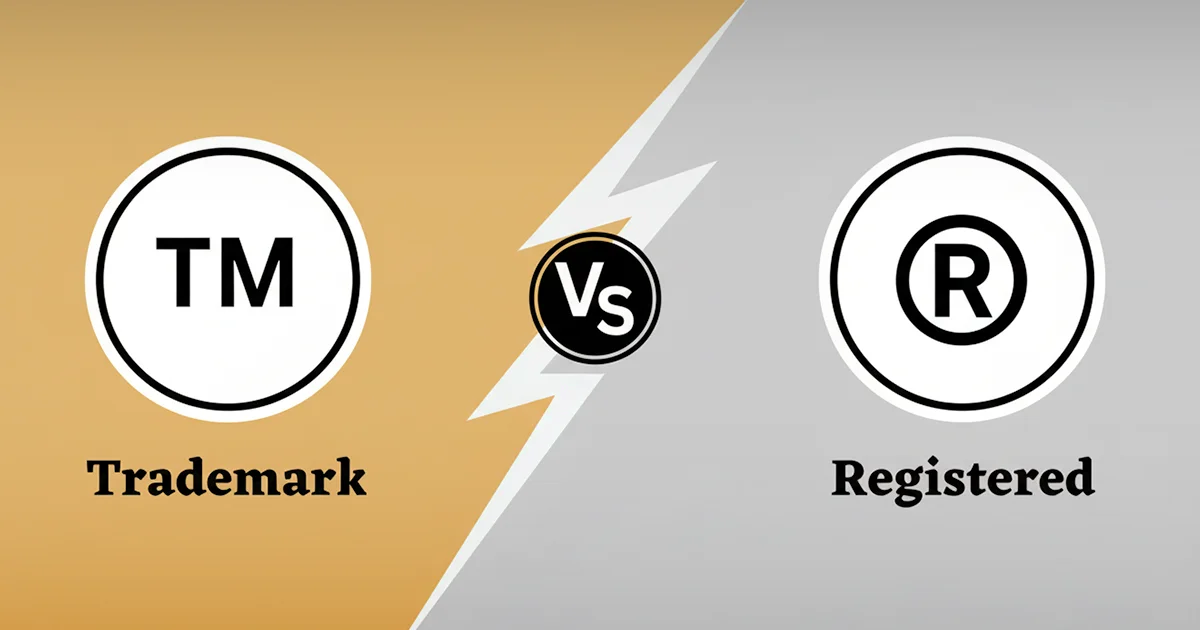The real estate sector is a cornerstone of India’s economy, contributing approximately 7.3% to the country's GDP, and is expected to grow to $5.8 trillion by the year 2047. However, for many years, there was no central rule or system to control how real estate worked. This caused big problems for homebuyers.
Many buyers faced project delays, hidden charges, and unclear commitments from builders. Sometimes, developers even used money from one project to fund another, causing huge losses and delays. These issues showed that the real estate market needed strict rules. That’s why the government passed the Real Estate (Regulation and Development) Act, 2016, also known as RERA. This Act was created to bring fairness, safety, and trust back into the system.
What is RERA Registration?
RERA stands for Real Estate Regulatory Authority, established under the landmark Real Estate (Regulation and Development) Act, 2016, passed by the Parliament of India. This law was designed to regulate the real estate market, protect homebuyers, and make real estate more open and honest.
How RERA Came into Existence?
Before 2016, there were no special national rules for real estate in India. As a result, many buyers suffered due to delays, fake promises, and poor construction. Builders often left projects unfinished after collecting money.
To fix this, the government quickly passed the RERA law. The Rajya Sabha passed the Bill on March 10, 2016, and the Lok Sabha followed on March 15, 2016. It became official when the President approved it on March 25, 2016. This fast action showed the government’s serious effort to protect homebuyers.
Main Goals of RERA
RERA was created to solve long-standing issues in the real estate sector. Its main goals are:
- Transparency: Builders must share project details like carpet area, deadlines, and costs.
- Consumer Protection: It safeguards buyers from fraud and false promises.
- Fast Dispute Solving: RERA sets up a quick process to handle complaints.
- Accountability: Builders and agents are legally responsible for their promises.
- Standard Rules: It defines important terms like “carpet area” to avoid confusion.
- Financial Discipline: Builders must put 70% of the buyers’ money into a separate bank account. This money can only be used for that specific project, mainly for land and construction costs.
Why RERA Registration is Non-Negotiable for Buyers, Builders, and Agents?
RERA registration brings clear benefits for everyone involved in real estate: buyers, builders, and agents.
For Buyers
- Legal Safety: RERA makes sure that builders stick to approved plans, designs, and deadlines. If they don’t, they can face legal action.
- Clear Information: Buyers can easily check project details like progress, approvals, and finances on the RERA website.
- On-Time Delivery: Builders must complete the project on time. If not, they have to pay penalties or give compensation.
- Secure Payments: Builders must keep 70% of the money collected from buyers in a separate, safe bank account. This money must only be used for land and building costs of the same project, so it can’t be misused.
- Quick Complaint Handling: If a buyer has a complaint, they can file it with RERA or the Appellate Tribunal, and it will be handled quickly.
- Defect Fixing: Builders must fix any quality or structural issues found within five years of possession, at no cost to the buyer.
For Builders/Promoters
- Stronger Reputation: Getting registered builds trust. It helps attract serious buyers and investors.
- Fair Rules: RERA ensures that all builders follow clear and equal rules for project development, which avoids confusion.
- Easier Dispute Handling: There is a proper system to solve issues with buyers or agents, which keeps things smooth.
- Better Market Image: RERA helps promote honest and organized business in real estate, which improves public confidence in the market.
For Real Estate Agents
- Responsibility: RERA registration makes agents more responsible and aligns them with fair business practices.
- Professional Growth: Being registered increases trust and boosts their image as professionals.
- Legal Work Only: Agents must be registered to deal in RERA-approved projects. This keeps their business legal and trustworthy.











